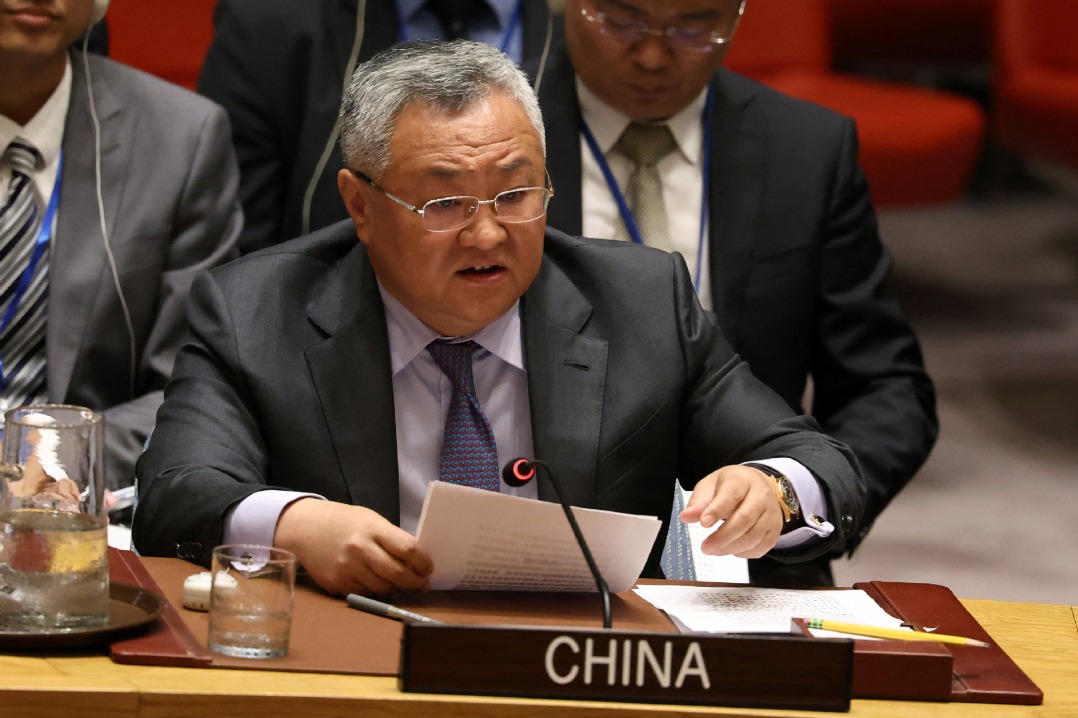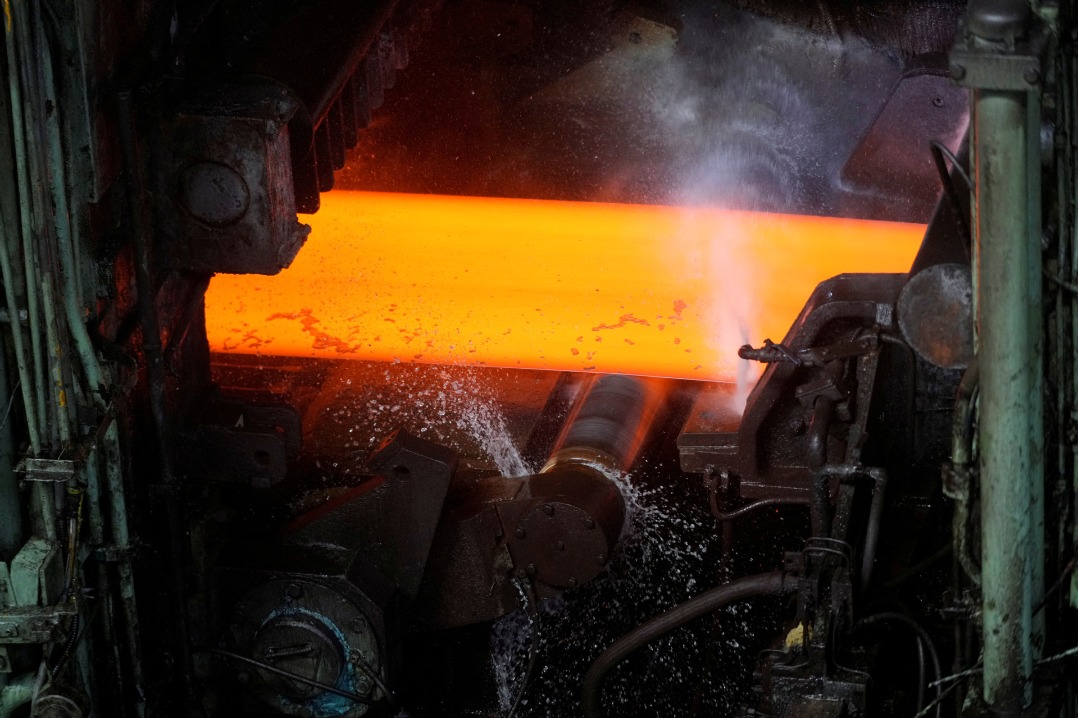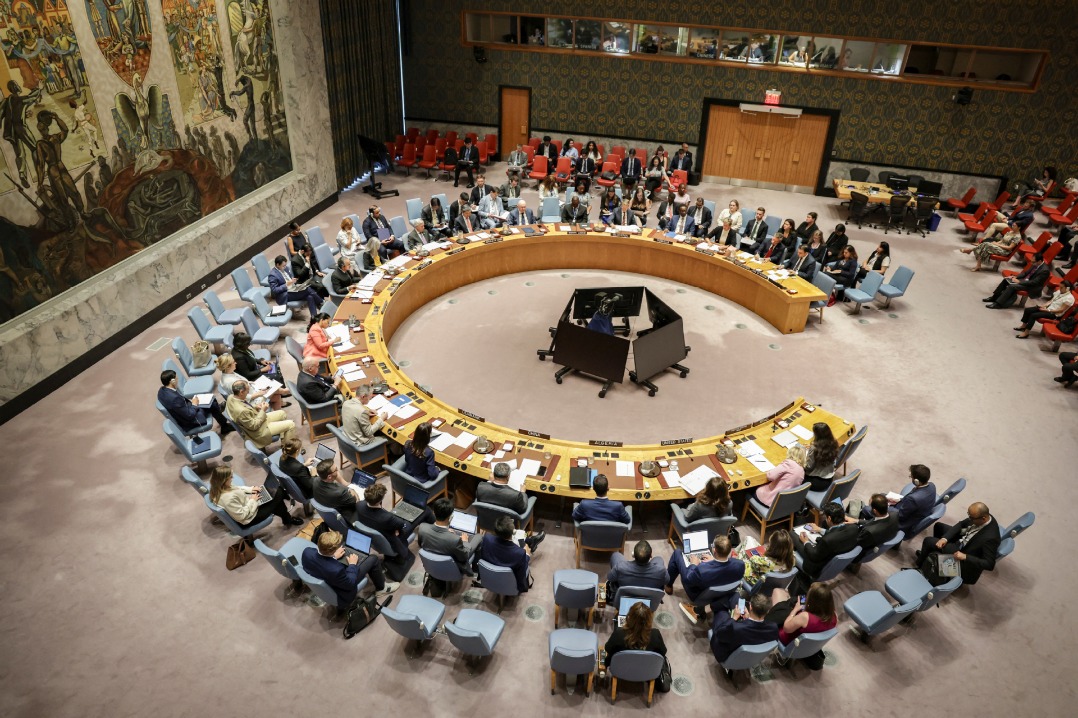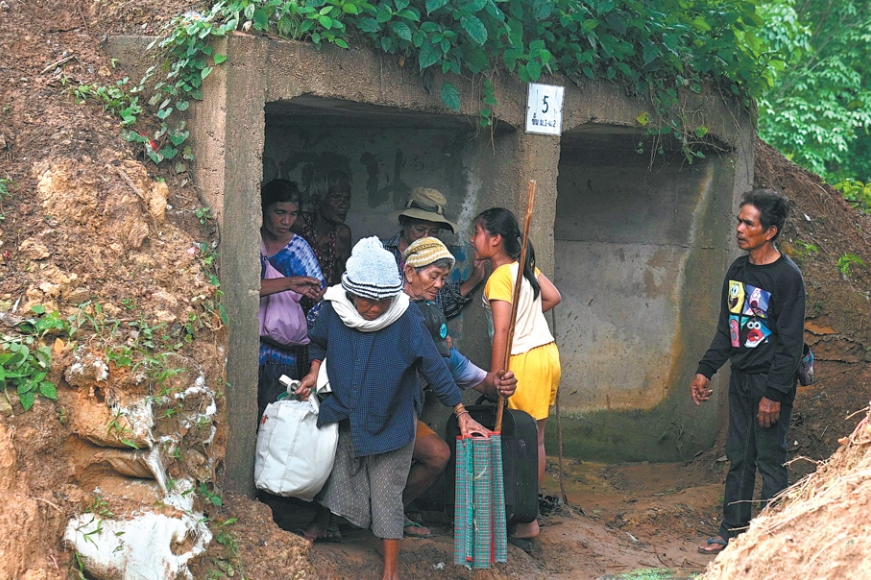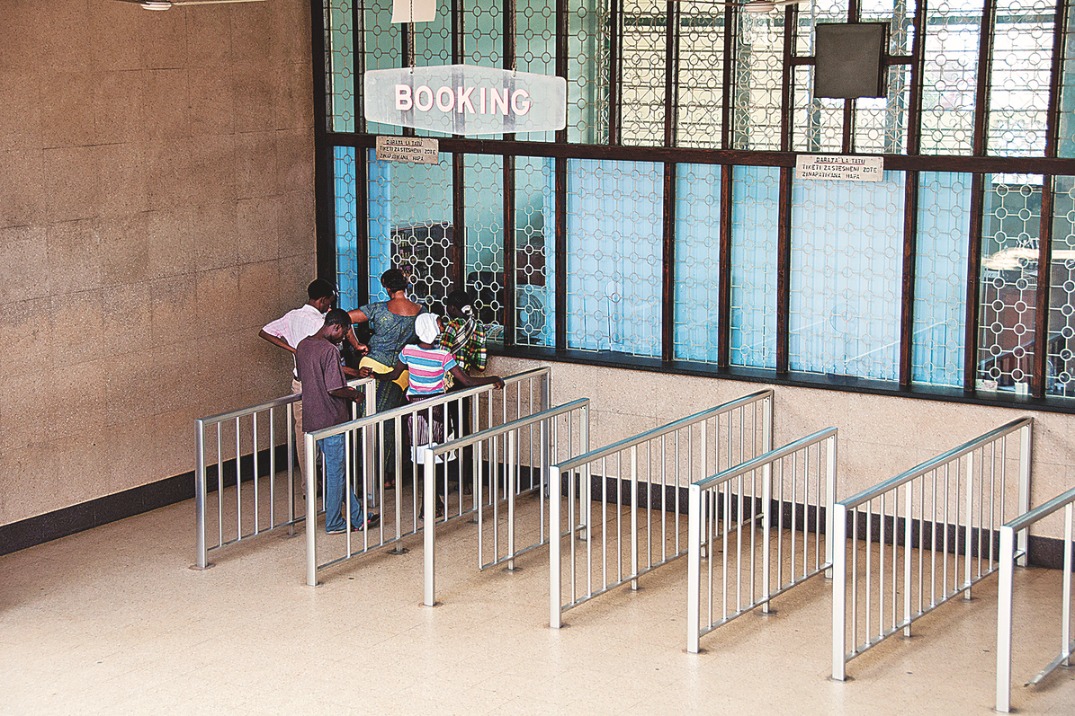Trade pact a boost for Asia-Pacific, Russian experts say

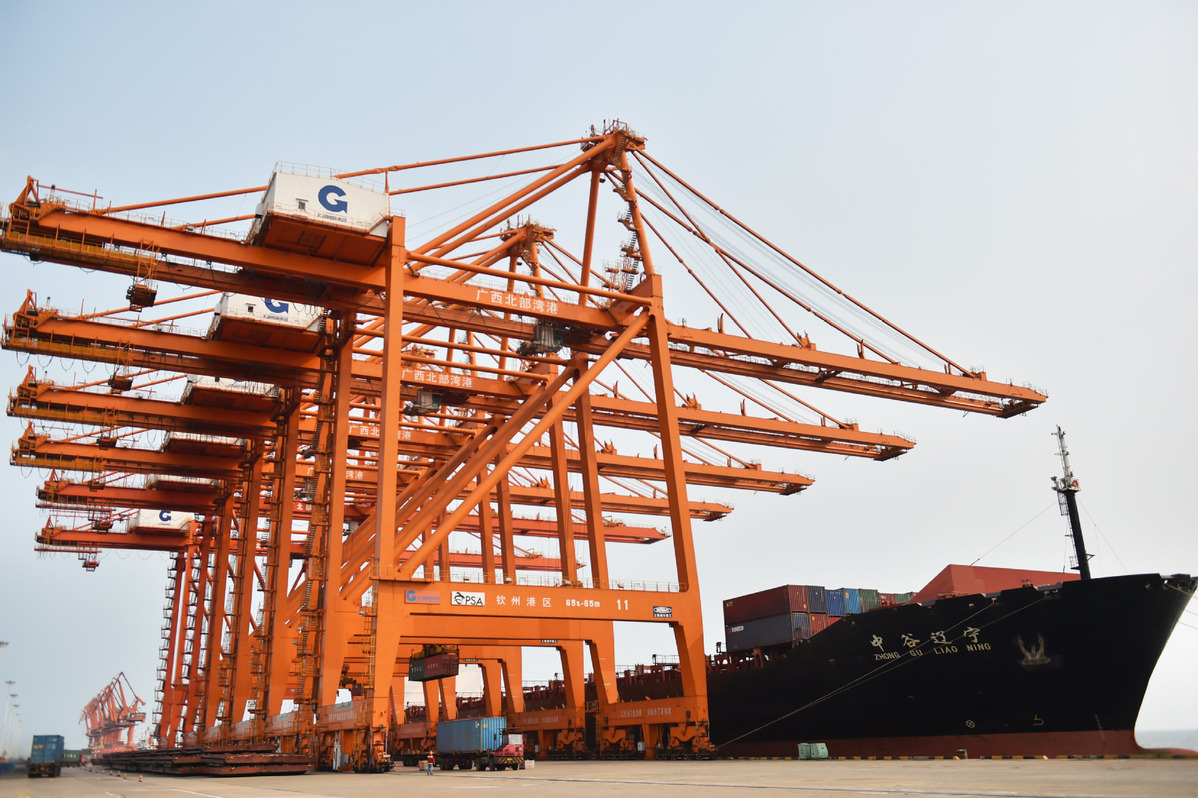
The signing of the Regional Comprehensive Economic Partnership, or RCEP, by 15 Pacific-rim countries heralds a huge boost for the region's economy, and Russia will also benefit from cooperation with members of the free-trade pact, Russian experts said.
Alexander Lomanov, chief research fellow of the Institute of World Economy and International Relations at the Russian Academy of Sciences, described the agreement as "a huge success" for all countries in the Asia-Pacific region.
The RCEP, which was signed on Sunday, comprises the 10 members of the Association of Southeast Asian Nations, or ASEAN, and China, Japan, South Korea, Australia and New Zealand. It aims to progressively reduce tariffs, eliminate trade barriers and bolster investments among the signatories.
The RCEP is the first multilateral economic agreement of this magnitude that involves China, marking a breakthrough for Asia's biggest economy, said Lomanov, who noted that Beijing has signed many bilateral agreements over the years.
"In the long run, the agreement will radically change the economic balance of power in Asia and the entire world," Lomanov said.
The trade pact covers a market of 2.2 billion people, almost 30 percent of the world's population, with about 30 percent of global GDP. The 15 countries account for nearly 28 percent of global trade.
The RCEP stands in contrast with the ill-fated Trans-Pacific Partnership, or TPP, a trade agreement that exists in diminished form as the Comprehensive and Progressive Agreement for Trans-Pacific Partnership, or CPTPP.
Compared with the successor arrangement to the TPP, the RCEP shows that China has gained support not only from ASEAN countries, but from some allies of the United States.
Vladimir Sumsky, a professor of ASEAN studies at the Moscow State Institute of International Relations, said the RCEP will play a tremendous role in fostering what he describes as integration projects in the Asia-Pacific.
Although Russia is not included in the RCEP, the new opportunities brought by the regional cooperation will also benefit Russia, Russian government newspaper Rossiyskaya Gazeta reported. As a member of the Eurasian Economic Union, Russia has signed trade deals with Vietnam and Singapore, the newspaper said.
Russian Deputy Minister of Economic Development Vladimir Ilyichev welcomes the agreement. "Once the RCEP comes into force, it will open up new opportunities for Russian businesses active in Vietnam as far as access to the signatory countries' markets is concerned," he said.

















